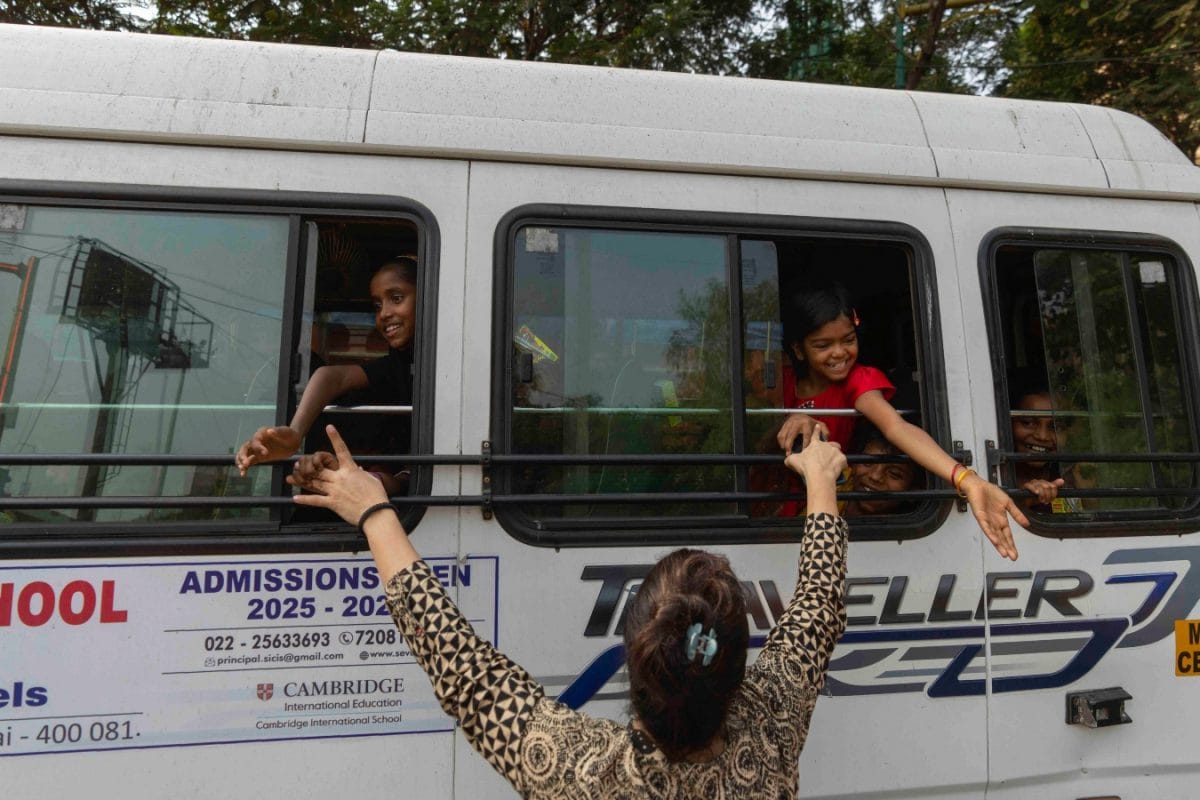

The Maharashtra government is set to roll out a new School Van Policy aimed at providing parents with more affordable and safer transportation options for their children. State Transport Minister Pratap Sarnaik has directed officials to expedite the finalization and release of the policy. This initiative responds to a growing trend where parents, burdened by the high costs of private school buses, are turning to unauthorized rickshaws that often lack basic safety measures.
The new policy is designed to standardize and improve safety in student transport and create employment opportunities within the state. Sarnaik emphasized the importance of simplifying existing regulations and aligning them with modern standards at a review meeting held at the Transport Commissioner's Office. He also highlighted that school transport fees should be limited to the 10-month academic year, preventing overcharging and offering financial relief to families.
Under the new guidelines, only 12-seater school vans equipped with advanced safety features will be granted permits to transport school children. These vans must comply with BS-VI emission norms and can carry a maximum of 12 students plus the driver. The policy is rooted in the Automotive Industry Standard (AIS) Code 204, developed by the Central Government, which is an extension of the existing AIS-063 School Bus Code.
To ensure the highest level of safety, the policy mandates essential features such as GPS tracking, CCTV cameras with live dashboard feeds, a fire alarm system, and alarms for open doors. Additional requirements include speed governors limiting speed to 40 km/h, panic buttons, emergency exit doors, entry steps suitable for small children, and clear display of the school's name on the van's roof. The policy also mandates the formation of school-level transport committees that will meet monthly to address safety and logistical concerns. Each school must appoint a nodal safety officer responsible for ensuring compliance with transportation guidelines.
Sarnaik stated that only operators who adopt the newly specified 12-seater vans will be issued transport permits. The government hopes this policy will increase safety for school-going children, create employment opportunities, and reduce dependence on informal and unsafe transport options like rickshaws. Sarnaik also mentioned that vans have several safety benefits compared to rickshaws, such as covered doors, a lower chance of overturning because of four-wheel stability, and ample space for school bags and water bottles.
The transport department had halted issuing school van permits in 2018 after petitions claimed they were unsafe. Now, in accordance with central standards, the state government has prepared its own code and issued guidelines to restart school van operations. This policy decision will soon be formalized through a government notification.
The new policy is expected to include mandatory safety measures such as panic buttons, fire sprinklers, GPS tracking systems, and CCTV cameras with centralized control for monitoring by schools or bus operators. The Maharashtra transport department hopes the new policy will create a more transparent, affordable, and secure school transportation system for students and parents across the state.